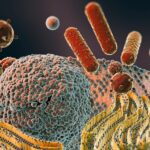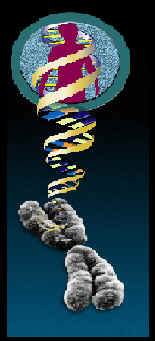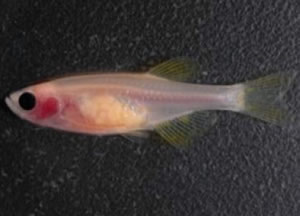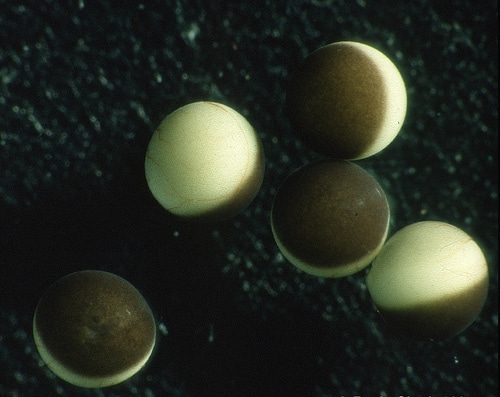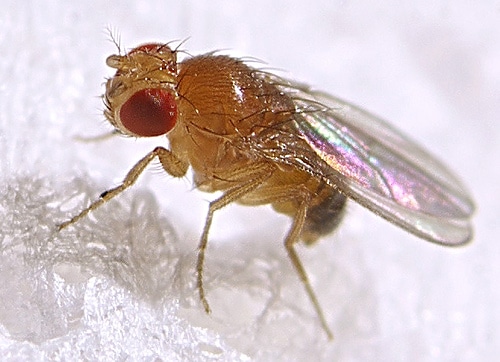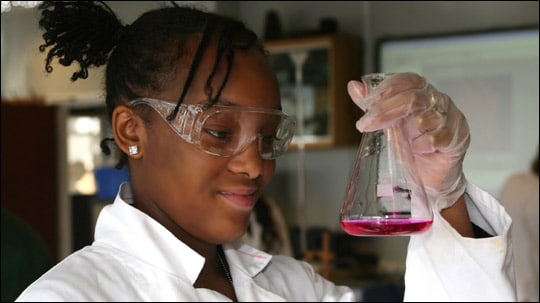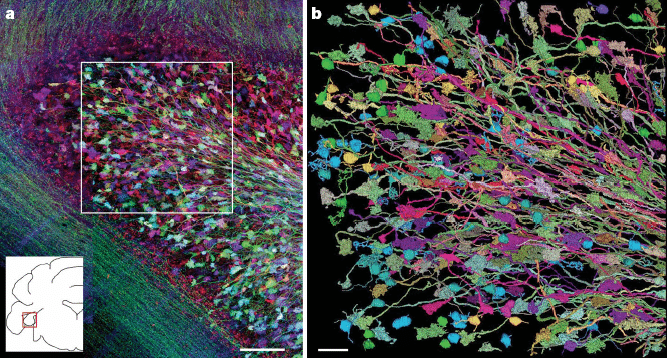Dan Rhoads
Having earned both a PhD and an MBA, Dan is uniquely qualified to understand the medical and financial needs in the insurance industry. He is a successful consultant, connecting clients with the financial products most suited to their needs. He specializes in private health insurance, private life insurance, dental, vision, Medicare supplement, indexed annuities, and international health insurance.
Articles by Dan Rhoads
Our journey to understanding that single cells are the fundamental units of life traces back to groundbreaking scientific milestones, such as the invention of the microscope, which revealed individual cells, and advancements like the discovery of fluorescent proteins and electron microscopes that have enriched our insights into the intricate structure and function of cells. Dive into a short history of cell biology.
A reader recently asked for an explanation “about choosing grad schools, taking the GREs, visiting campuses, speaking to potential advisors, and how you guys decided on where to go.” For me, to be honest, I think that I was astoundingly naive in my decision-making for where to go for graduate school.
Amid growing recognition that a successful scientific career requires skills beyond scientific acumen, institutions are racing to provide management training for newly minted principal investigators. Young scientists spend years conducting complicated experiments and crunching data, but when they are finally given the keys to their own lab, they suddenly face tasks they were never trained…
Relating to my recent comments on seminars, a beginning grad student or undergrad researcher might wonder why journal club is such a good thing. Or you might not be wondering, since the benefits are more or less the same: digesting, discussing, and analyzing research findings. But whether or not you realize the benefits of journal…
I just got done reading Ernst Mayr’s The Growth of Biological Thought, which is on the history and philosophy of biology, from Aristotle to ~1980 (written in 1982). Of particular interest to me was the section on the Modern Synthesis, where the views on evolution of the geneticists and other experimental biologists were reconciled with…
Continuing in the same frame of mind as my last post, What Comes After Grad School, I was thinking about something that Alex said: It reminds me of a bit of advice given to a fellow postdoc by Dr. Richard Hynes – try to attend every seminar. I would also add that in my comparatively…
With the recent development of transparent Zebrafish, allowing scientists to directly view its internal organs, and observe processes like tumor metastasis and blood production after bone-marrow transplant, it seems appropriate to describe Zebrafish as a model organism.
Continuing with the recent theme on model organisms, there is the nematode (roundworm) Caenorhabditis elegans. This organisms is particularly useful owing to the fact that it has very defined development patterns involving fixed numbers of cells, and it can be rapidly assayed for abnormalities. Further, strains are cheap to breed and can be frozen. When…
Another popular model organism is the African Clawed Frog, Xenopus laevis, which is extremely useful for studying development and cellular physiology, owing to its particularly large and easy manipulable oocytes and embryo.
As noted in the previous post on Model Organisms, Dictyostelium discoideum is a popular model for studying fundamental aspects of cell-cell communication and chemotaxis. This is a soil-living social amoeba grows as separate, independent cells that interact to form multicellular structures when challenged by adverse conditions such as starvation. Up to 100,000 cells signal each…
The term “model organism” is often used in research, to describe species that are extensively studied to understand particular biological phenomena. We say “model,” because there is usually the expectation that discoveries made in the organism model will be representative of related taxonomic groups. In particular, model organisms are widely used to explore potential causes…
Science is an endlessly fascinating, challenging, and intellectually-satisfying endeavor. So it saddens me any time that I see someone mistakingly make claims about taking science on faith. This isn’t the forum for taking on religion – if you want that, more of my thoughts on that can be found at Migrations. I have one request…
For every half-way decent mentor or adviser that an aspiring scientist comes across, it sometimes seems as though there is another lurking, who is simply a jerk*. Let’s face it – scientists aren’t consistently “people-persons.” Maybe they had bad mentors, and inadvertently end up passing on the karma. Or maybe science just attracts a higher-than-average…
Browsing around on the Nature Network blogs, I came across one interesting discussion from a couple weeks ago that few researchers actually spend much time thinking about (I think). Martin asked, “I was wondering how much, if at all, the quality of the writing of a submitted paper is considered in the peer review process?”…
Site-specific recombinases have, for the past 20 years, been one of the most powerful tools in studying the functions of all sorts of genes. Most widely used as the Cre/lox-based system for inserting or deleting genes in mice, transgenic analyses have told us volumes about animal development1. For instance, mouse genetic knockouts are routinely the…
As a freshman biology major in undergrad, I was introduced to molecular biology with the following description: Molecular biology represents the intersection of genetics, biochemistry and cell biology. Some people, it turns out, add microbiology and virology into the mix. So molecular biology is often used as a catch-all, to describe a wide breadth of…

